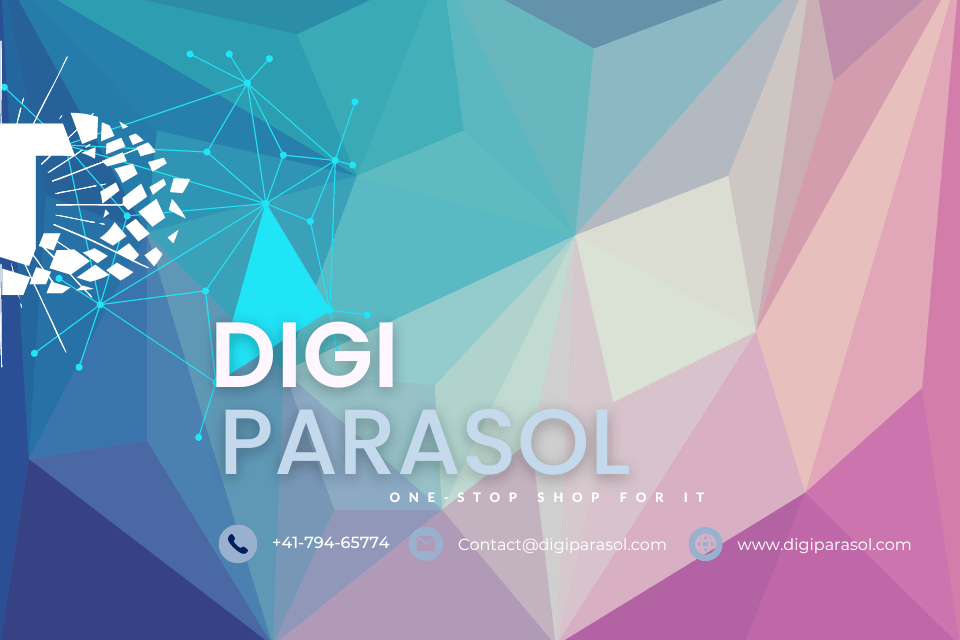The Future of AI in Governance and Public Policy
Artificial Intelligence (AI) has the potential to revolutionize the way governments operate and make decisions. From improving public services to enabling more efficient policy-making processes, AI can play a significant role in shaping the future of governance and public policy.
In recent years, there has been a growing interest in the use of AI in governance and public policy. Governments around the world are exploring how AI can be used to improve decision-making, enhance efficiency, and better serve citizens. From predictive analytics to natural language processing, AI technologies have the potential to transform the way government operates.
One area where AI is already making an impact is in the field of public service delivery. AI-powered chatbots are being used to provide citizens with quick and easy access to information and services. These chatbots can answer common questions, provide guidance on government programs, and even assist with applications for services. By providing citizens with easy access to information and services, AI-powered chatbots are helping to improve the overall quality of public service delivery.
AI is also being used to improve the efficiency of government operations. For example, AI algorithms can analyze large amounts of data to identify trends and patterns that can help inform policy decisions. By analyzing data on things like traffic patterns, crime rates, and public health trends, AI can help governments make more informed decisions about how to allocate resources and prioritize policies.
Another area where AI is being used to improve governance is in the area of regulatory compliance. AI algorithms can be used to analyze large amounts of data to identify potential compliance issues, helping governments to better enforce regulations and ensure that businesses are following the rules. By automating the process of regulatory compliance, AI can help governments save time and resources while also improving the overall effectiveness of regulatory enforcement.
In addition to improving public service delivery, enhancing efficiency, and ensuring regulatory compliance, AI also has the potential to improve the overall transparency and accountability of government operations. By using AI to analyze government data and make decision-making processes more transparent, governments can help to build trust with citizens and create a more open and accountable government.
Despite the potential benefits of AI in governance and public policy, there are also challenges and risks that must be addressed. For example, there are concerns about the use of AI algorithms in decision-making processes, particularly when it comes to issues of fairness and bias. AI algorithms can sometimes produce results that are biased or discriminatory, leading to concerns about the impact of AI on marginalized communities.
There are also concerns about the potential for AI to replace human workers in government, leading to job losses and other negative consequences. While AI has the potential to automate certain tasks and make government operations more efficient, there is also a need to ensure that the use of AI in governance does not lead to the loss of jobs or create additional inequalities in society.
To address these challenges and risks, governments will need to develop policies and regulations that govern the use of AI in governance and public policy. This will involve establishing guidelines for the use of AI algorithms in decision-making processes, ensuring that AI systems are transparent and accountable, and addressing concerns about bias and discrimination.
In addition to developing policies and regulations, governments will also need to invest in training and capacity-building to ensure that public officials have the skills and knowledge needed to effectively use AI in governance. This will involve providing training on AI technologies, data analytics, and other related skills, as well as creating opportunities for public officials to learn how to effectively use AI in their work.
Overall, the future of AI in governance and public policy is promising. From improving public service delivery to enhancing efficiency and transparency, AI has the potential to transform the way governments operate and serve their citizens. By addressing the challenges and risks associated with the use of AI in governance, governments can harness the full potential of AI to create more effective and accountable government systems.
In conclusion, the future of AI in governance and public policy is bright. By harnessing the power of AI technologies, governments can improve public service delivery, enhance efficiency, and ensure transparency and accountability in decision-making processes. While there are challenges and risks that must be addressed, the potential benefits of using AI in governance are significant. By investing in training, capacity-building, and policy development, governments can ensure that they are well-positioned to take advantage of the many benefits that AI has to offer. As we look to the future, it is clear that AI will play an increasingly important role in shaping the way governments operate and make decisions, leading to more efficient, transparent, and accountable governance for all.

